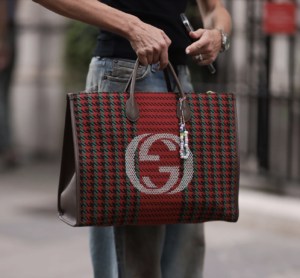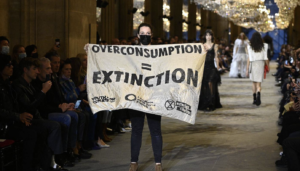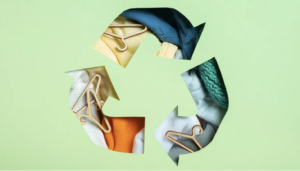
In all the years I’ve spent covering American consumerism, I’ve heard one type of question from readers far more than any other: This can’t go on forever, right?
Maybe they’d learned what happens to the huge volume of online purchases that get returned, or saw one too many questionably sourced mascaras and sunscreens hawked on TikTok Shop, or realized that the newly minted e-commerce behemoth Temu is spending many millions of dollars to urge you, quite explicitly, to shop like a billionaire. Whatever the impetus, the people asking this question tend to regard the consumer landscape with a mix of exhaustion and incredulity. The ever-expanding American closet is already swollen with cheap clothes, and our junk drawers and spare rooms and storage units already overfloweth with everything else. Americans have so much excess stuff that much of it can’t even effectively be given away. Can we—the people who have bought so much already—really keep buying more, and at a hastening clip?
https://www.theatlantic.com/technology/archive/2024/04/americans-peak-stuff-shopping-temu-shein/678224/?gift=mZJJfvLLK2-N-97mYsXvt5j5Hty0oatfqOoAPrpRKTM&utm_source=copy-link&utm_medium=social&utm_campaign=share






